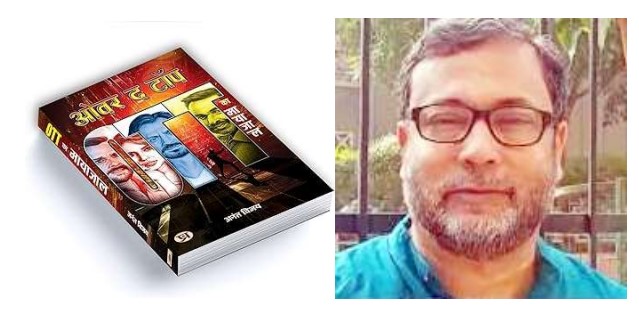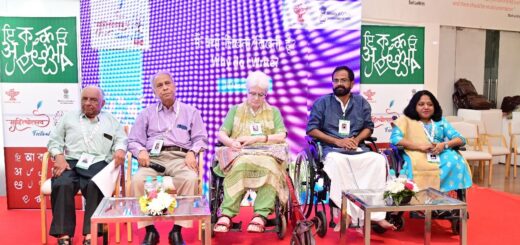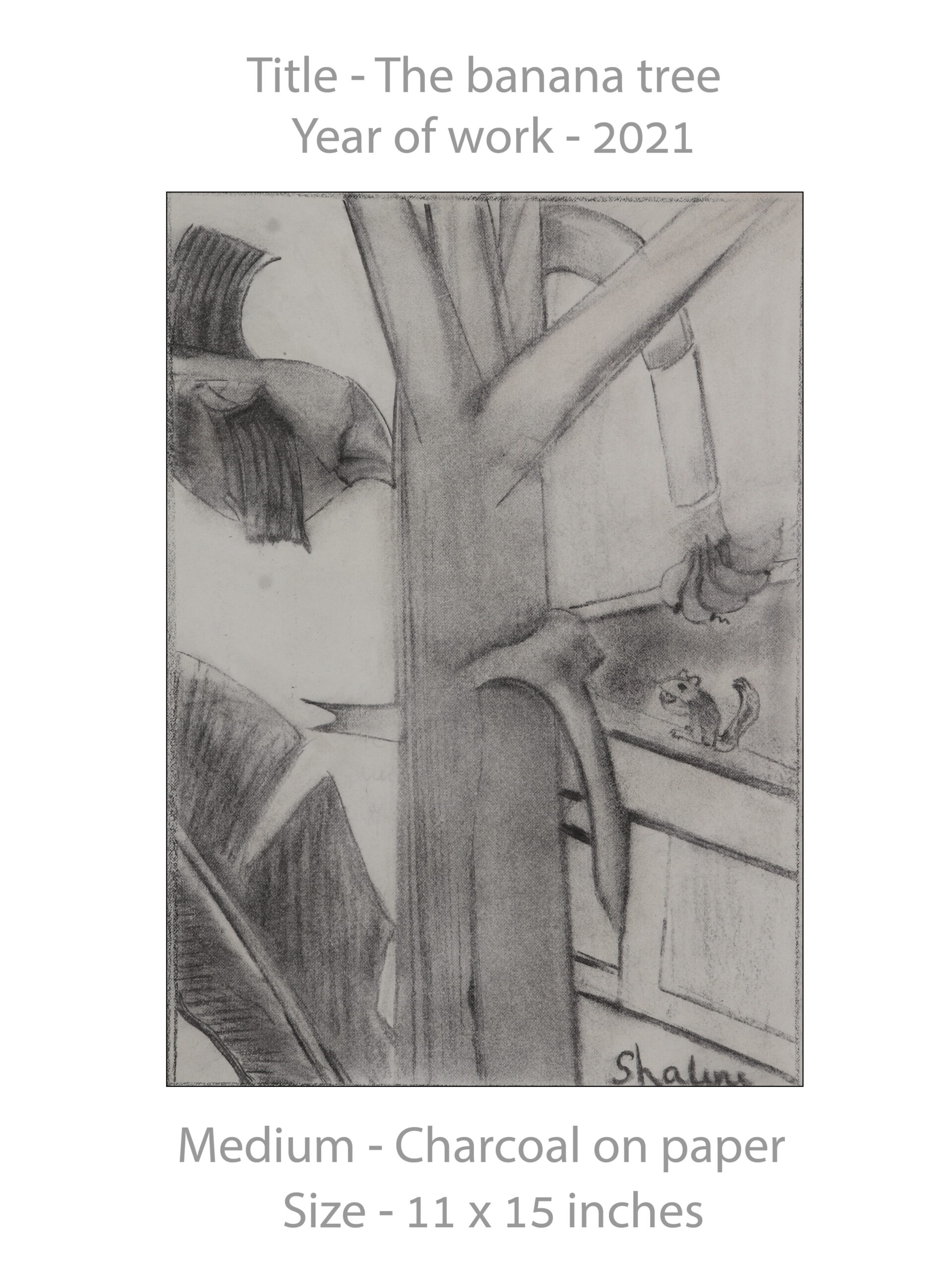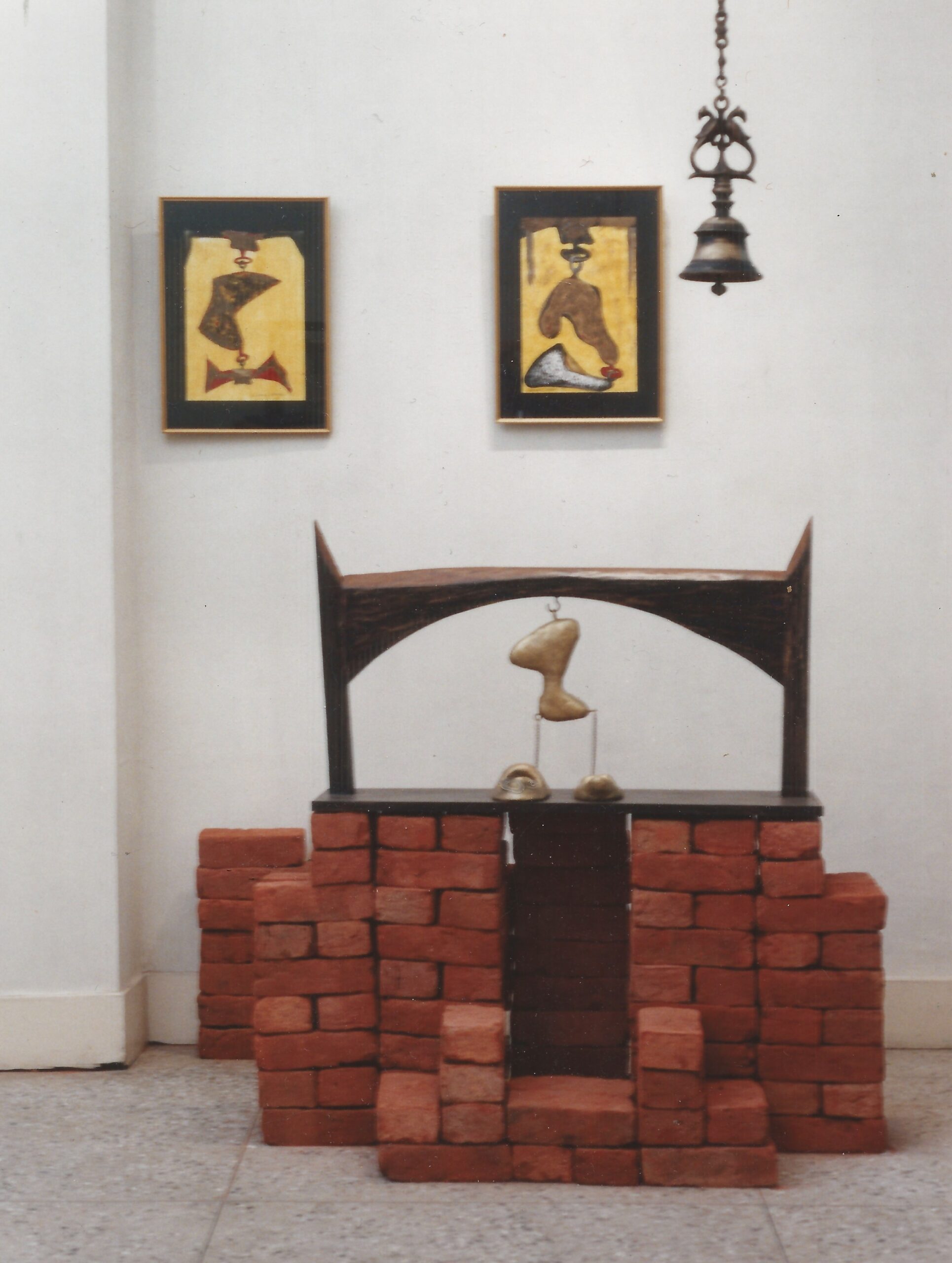Is anarchy acceptable in the name of artistic freedom? The magic of OTT.

Book Review by
Utpal Datta
OTT platforms, a new addition to the media, have become competitors to cinema and television programs, raising a few uncomfortable questions. Does OTT concern discern viewers? Is the tasteless and obscene content on OTT platforms a result of the absence of a censor board? Is this the beginning of a dangerous practice for society and culture? Journalist and author Anant Vijay seeks answers to these questions through his Hindi book ‘OTT Ka Mayajal.’ This is his latest book and probably the first Indian book on OTT. Anant Vijay, a national award-winning film critic, journalist, literary critic, and political analyst, reveals all these identities through this book. The writing style reflects more of his journalistic mentality than a writer’s, making the book easy to read, even for non-Hindi-speaking readers familiar with Hindi.
OTT is a platform primarily for movies and similar content. This book mainly discusses programs aired in Hindi. During the pandemic, cinemas were closed, people were under house arrest, and television became the sole means of entertainment for cinema lovers. At the same time, OTT platforms became well-established in the minds of the audience, and OTT directors started planning to provide the audience with a new taste. OTT had old popular movies replaced by new ones, especially those that failed in theatres. At one point, cinemas opened, but due to the limited audience and the popularity of OTT, new Hindi films were released on this platform. Filmmaking for OTT started, and web series in the style of a TV series also began.
Most web series used elements like obscene abuse, violent scenes, and explicit sexual content to attract a larger audience. While censor boards for movies monitor such scenes, many producers took unimaginable liberties due to the lack of controls for OTT, resulting in chaos in the world of creation.
Some directors are notably aggressive, using verbal abuse to grab the audience’s attention. The unhindered and uncontrolled environment of OTT platforms is reflected in his encouragement in the series ‘Sacred Games.’ Anant Vijay rightly comments, ‘When there is no bondage and no need to apologize, freedom turns into anarchy.’ He also wrote, ‘In fact, such people use abuse, violence, and sexual scenes to cover up their incompetence.’
Not only have movies or series been created for the OTT platform with sexually violent elements, but also series with wholesome entertainment and reality. The author balances the subject with detailed discussions of several such series and maintains his responsibilities as an author.
Author Anant Vijay carefully observes and explains the clever construction of a ‘fake narrative’ through OTT programs. The same narrative of anti-Hindu and Muslim praise created in Hindi films is seen differently in OTT. The brains of political power control agendas and promotion tactics under the guise of entertainment. It involves either the creator’s political beliefs or profit motives or the goal of obtaining the blessings of an influential force. When analysing the present from a political perspective, two things are needed – political knowledge of the past and the ability to predict the future in light of it. The author rightly considers the political background while discussing the web series ‘Leila’ by the once-famous filmmaker Deepa Mehta. “Art was turned into a rehearsal ground for politics”. He further elaborates by explaining that this was done after the last two Lok Sabha elections. There are many reasons why a distorted image was created of the political dispensation and promoted by portraying some organizations as radical. It can be assumed that a part of that agenda was Deepa Mehta’s ‘Leila.’ Although ‘Leila’ is told as a fictional story, it combines the, so-called grim future it depicts with the image of the agenda. Anant Vijay has informatively analysed many other such agendas. The web series ‘Jubilee’ also beautifully describes how the Russian Communist Party used Indian films as part of their agenda. The author also refers to Dev Ananda’s autobiography ‘Romancing with Life’ in support of this.
Overall, this book analyses both the artistic work and the process of agenda-building through the latest entertainment medium in depth and can provide the reader with thought. In India, the relationship between art and politics has been judged in a one-sided manner. This book has broken down that wall of limitations. This is the real power of the book.
The book is published by Prabhat Prakashan, and the price is Rs 300. The book must be translated into regional languages.
It is worth mentioning that the author dedicated the book to the Maa Kamakhya Temple and released it for sale.










